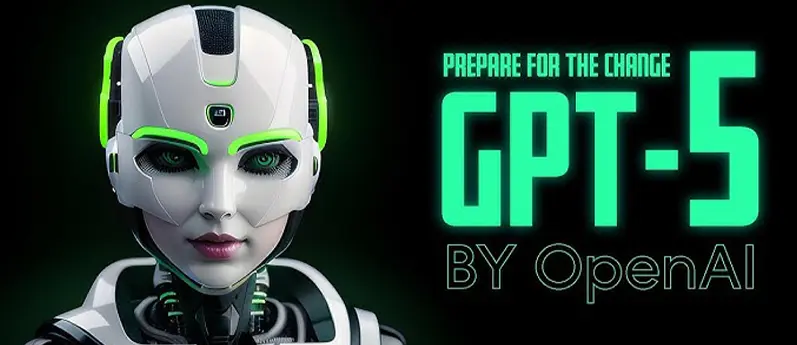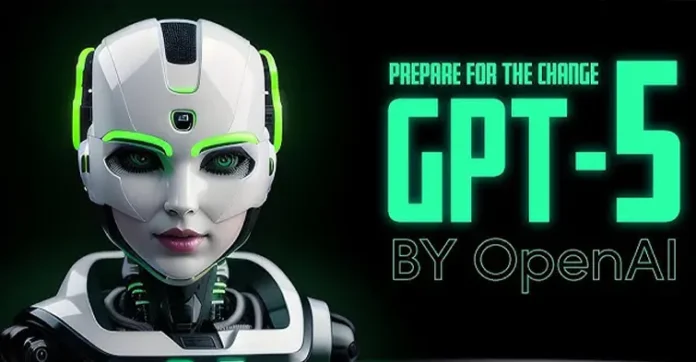
OpenAI’s highly anticipated GPT-5 model, expected to redefine the boundaries of artificial intelligence, is reportedly behind schedule and facing significant development hurdles. As detailed by The Wall Street Journal, the AI leader is grappling with not only technical challenges but also escalating financial demands, which are slowing down the launch of its next flagship language model. This delay has triggered widespread speculation across the tech industry, particularly given OpenAI’s previous track record of timely releases for its models.
The GPT-5 model, which was initially expected to build upon the success of GPT-4, is now facing considerable delays in its development cycle. While GPT-4, released in March 2023, demonstrated significant advancements in AI, the follow-up model, GPT-5, known by its code name “Orion,” has proven to be more complex to develop than originally anticipated. According to the report, a major factor behind the delay is the immense computational resources required to train such large language models (LLMs). This process demands specialized hardware, vast datasets, and other technological resources that contribute to spiraling costs. The development of these models is proving to be financially draining for OpenAI, with GPT-5’s expenses expected to surpass those of GPT-4, which already required tens of millions of dollars to train.
One of the key challenges hindering GPT-5’s development is the scarcity of high-quality, diverse data. OpenAI researchers have discovered that the public internet no longer provides the rich datasets needed for the advanced capabilities envisioned for GPT-5. To counter this issue, OpenAI has resorted to generating synthetic data, engaging a team of software engineers, mathematicians, and theoretical physicists to produce original content that can serve as training material for the model. This solution, while innovative, further adds to the complexity and cost of the development process.
Additionally, financial concerns have become a pressing issue for OpenAI as they continue to manage the increasing costs of developing such advanced AI models. With GPT-4 already costing a significant amount to train, industry analysts estimate that GPT-5’s development could substantially exceed these figures. In light of this, OpenAI has been exploring various avenues to offset these costs, including partnerships, new investment rounds, and the introduction of subscription models for its products. Microsoft, a key investor, has been instrumental in supporting OpenAI’s infrastructure through its Azure cloud services. However, even with Microsoft’s backing, the financial strain on OpenAI remains considerable, and the company is actively seeking additional funding sources to help bear the costs.
Despite these challenges, OpenAI remains committed to pushing the boundaries of AI and continuing with its plans to release GPT-5. The company aims to improve upon GPT-4’s capabilities by enhancing reasoning abilities, factual accuracy, and addressing inherent biases in the model. However, experts suggest that the delay in the release of GPT-5 might prove beneficial in the long run. With more time to rigorously test and refine the model, OpenAI can ensure that the final product meets user expectations and industry standards, delivering a robust AI system that can handle a wider range of tasks with greater precision.
This delay also highlights broader trends within the AI industry, where companies are under increasing pressure to deliver groundbreaking advancements while navigating a complex landscape of ethical, technical, and financial challenges. OpenAI’s journey with GPT-5 reflects the reality of the growing complexity involved in AI development, where breakthroughs often come at a high cost. The company’s ability to overcome these hurdles and successfully launch GPT-5 will be critical in maintaining its leadership position in the rapidly evolving AI space.
While previous reports had suggested that GPT-5 might be released by December 2024, the launch date remains uncertain. As the tech world eagerly anticipates the debut of this next-generation AI model, all eyes are on OpenAI to see if it can overcome these technical and financial challenges and deliver the advanced capabilities promised by GPT-5. The outcome will likely have profound implications for the future of AI and OpenAI’s standing in the competitive AI landscape.





